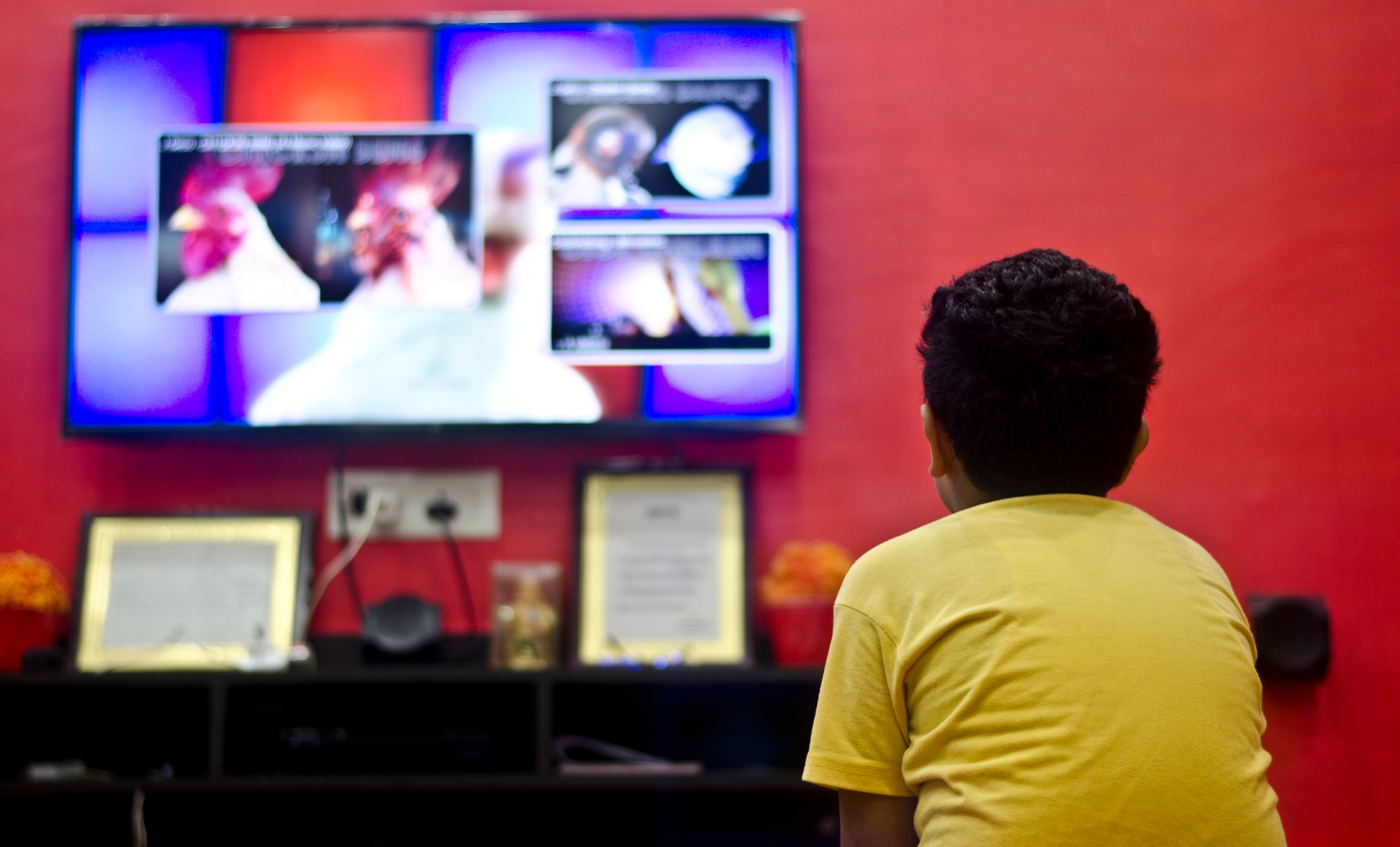As the largest generation in the United States, millennials are arguably the most important demographic for all businesses to target. The same is true for doctors who need to continue building their base of patients. But marketing to different generations sometimes means adopting new strategies and adjusting messaging. When doctors market to millennials, they must develop a strategy that resonates with a tech-savvy and transparent generation. Here are some tips that might help doctors think about reaching this important audience.

Millennials want doctors to market through digital channels
Millennials, the generation born between 1981 and 1996, are the largest and most digitally connected generation to date. They have grown up with technology at their fingertips, using these tools to shape nearly every aspect of their lives, including healthcare. Until doctors understand the digital platforms where millennials interact and gain knowledge, they will have a hard time understanding how to engage with this influential demographic.
Along with social media platforms, millennials rely heavily on online reviews and recommendations, seeking the opinions of others before making healthcare decisions. They don’t just do this on a computer, either. Millennials are prone to avoid businesses that have poor mobile technology. This generation is the [top smartphone user](https://www.nielsen.com/insights/2016/millennials-are-top-smartphone-users/#:~:text=When looking at smartphone owners,ubiquitous among these generational segments.), and the technology is important to them in all their buying decisions. Doctors whose practices don’t allow millennials to use their smartphones to access healthcare information, book appointments, and manage their health records are likely to lose out on them as patients.
Emphasize convenience when you market to millennials
It goes hand in hand with their use of smartphones, but millennials value convenience and efficiency. In fact, nearly 90% of millennials say that is one of the most important parts of shopping for anything – healthcare included.
Offering telemedicine appointments, online prescription refills, and secure messaging for non-urgent medical inquiries can make healthcare more accessible and convenient for millennials. It’s also important to provide flexible scheduling options, while doing your best to minimize wait times. Anything doctors can do to make their practices more convenient will increase their chances of building a patient base of millennials.
Millennials want transparency in marketing
Transparency is more than a buzzword for millennials. Studies have shown that this generation, as much as any, doesn’t like surprises. It’s easy to understand why this is the case. Millennials have spent much of their lives sharing information about themselves online – especially through social media platforms. Unlike generations before them, there are very few secrets, and that change in mindset has filtered into the way millennials see out businesses and services they trust.
In order to reach this generation, doctors should prioritize clear and honest communication, provide detailed information about services and pricing, and openly address concerns their patients might have. It’s also important that doctors come across as genuine individuals who are personable and have strong expertise. While there are many ways to do this, doctors who want to market to millennials must highlight their work outside of the office, spotlight their team members, and make patient testimonials a large part of their marketing plan. This helps build a sense of trust and connection with millennials.
Show you care in your marketing
Millennials are known for their passion for social and environmental causes. In fact, some surveys suggest millennials are willing to make personal sacrifices in order to support social causes. Doctors can tap into this sense of social responsibility by aligning their practices with relevant causes and community involvement. Supporting local charities, participating in health-related awareness campaigns, or implementing eco-friendly initiatives can showcase the practice’s commitment to making a positive impact. Marketing those goals will resonate with millennials who are socially conscious.
Doctors who want to market to millennials must understand some of the key differences in the messaging that works with this generation. But before the messaging, doctors who want to grow their base of millennial patients must have effective technology while offering convenience and community service every step of the way.





